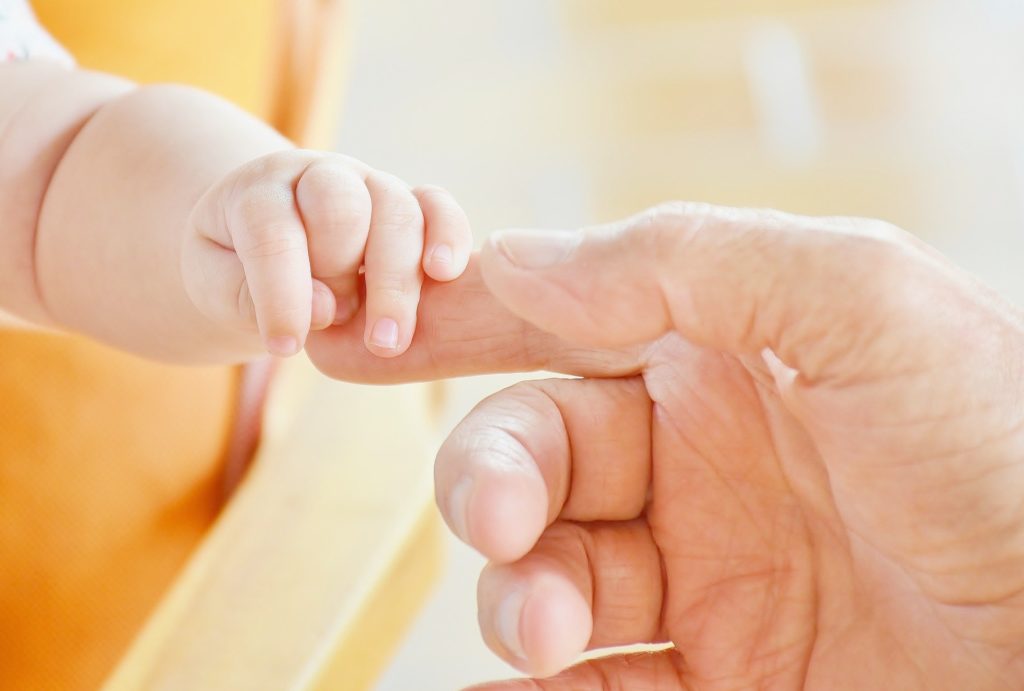
Ways to support a loved one through pregnancy and infant loss
By Jennifer Peter, Registered Social Worker in the Women’s & Newborn Health Program at McMaster University Medical Centre
Pregnancy and infant loss is a topic many people shy away from. When a loss happens early or late in a pregnancy, the consequences of that loss are unique to each person.
Pregnancy and Infant Loss Awareness Day is October 15. Here are some ways you can support a loved one experiencing this.
Be a listening ear
When we see someone hurting, we often want to fix the problem or offer advice. Infant loss is not something anyone can fix. Recognizing that each person is going to deal with it differently is the first step in trying to be helpful. Being supportive and offering a listening ear, without offering advice, can be one of the best ways you can support a person and their family through their journey.
Helpful and unhelpful statements
We all mean well and want to help our family and friends who may have experienced a loss, but it could be hard to find the “right” words to offer in a time of sorrow.
The following statements are not helpful after the loss of a baby:
- It’s nature taking its course.
- It wasn’t meant to be.
- Everything happens for a reason.
- You can always try for another baby.
These are examples of comments that could demean the situation and don’t acknowledge the nature and depth of the loss.
Instead, say things like:
- I am here to support you, however you need.
- I can’t understand what you are going through. Help me understand.
- Do you want to talk?
- Can I just sit with you?
Offer practical help
Being present, offering to babysit other children, dropping off a meal or offering to do laundry are all practical ways you can help someone cope with the loss of their child.
Silence is okay
Social workers often warn people who have lost a child that they may hear words that are not comforting. Many people are not only awkward with loss, but also are uncomfortable with silence. Sometimes, the most meaningful thing you can do is to be present and silent.
A loss for the whole family
It’s important to recognize that infant loss is something that impacts the entire family. Although biologically the mother is the one who experiences the loss, her partner, children, and other extended family members may also be experiencing feelings of sorrow. Often everyone in the family is hurting and having their own feelings of grief.
It can be difficult for partners to communicate their grief to one another, as individuals tend to process grief in their own way and we all have different communication styles. It is so valuable and important to recognize that each person is hurting within this process and to remember to communicate with one another as openly as possible.
Resources
There are some great resources available in each community within Ontario if you know of someone who has experienced a loss. The PAIL network (Pregnancy and Infant Loss) offers some fantastic resources for families who have experienced a loss. You do not need a referral to access their services.
If you have lost a baby, Hamilton Health Sciences created the booklet, What to expect after pregnancy loss or losing a baby.
